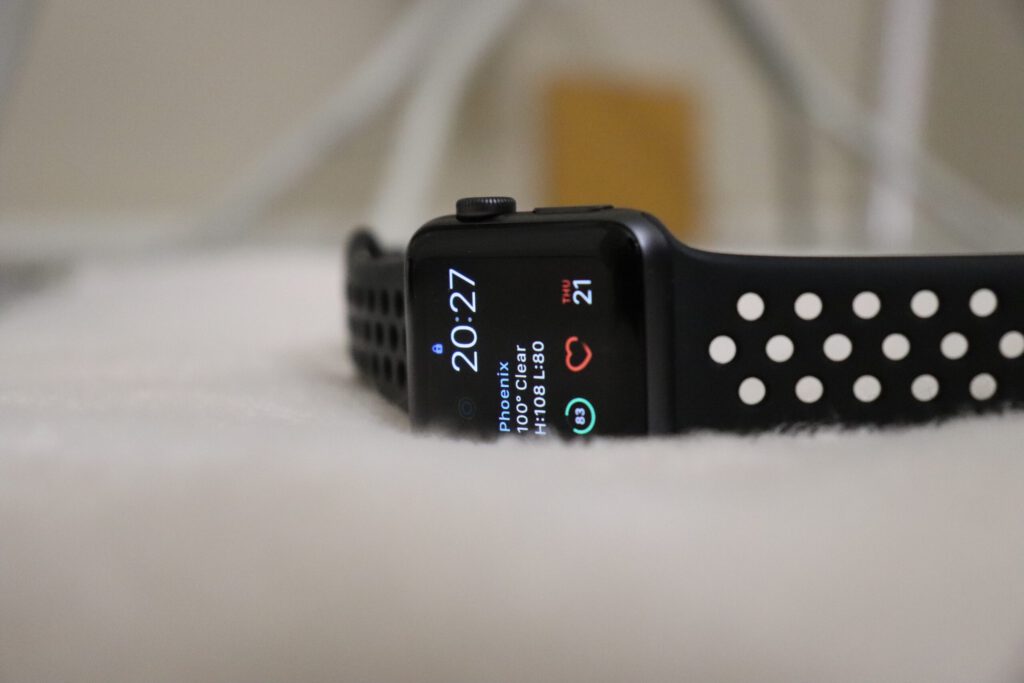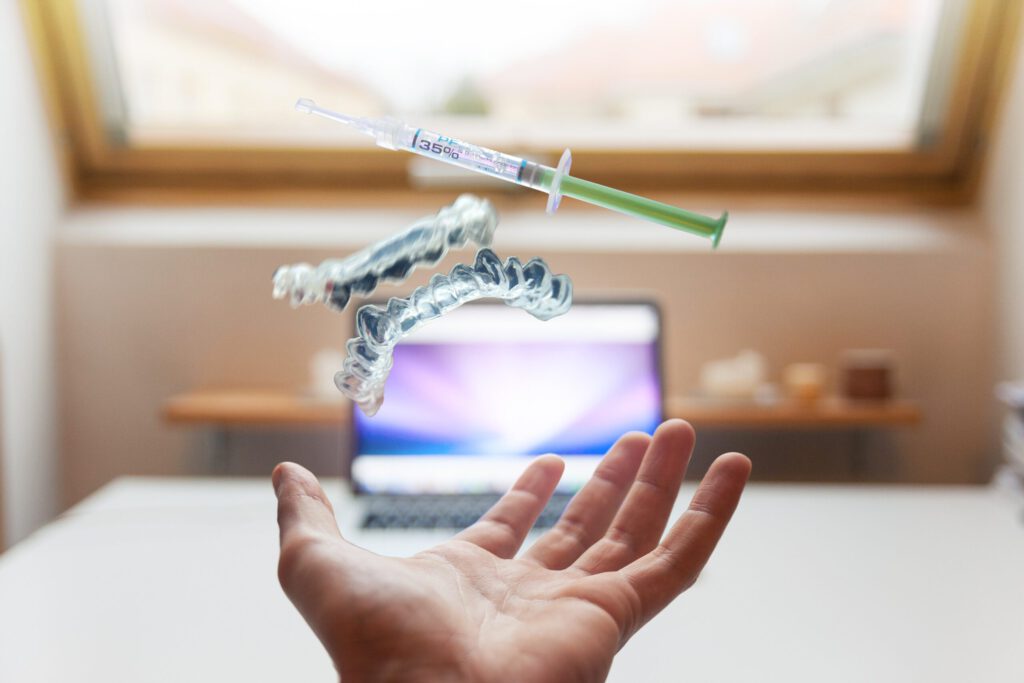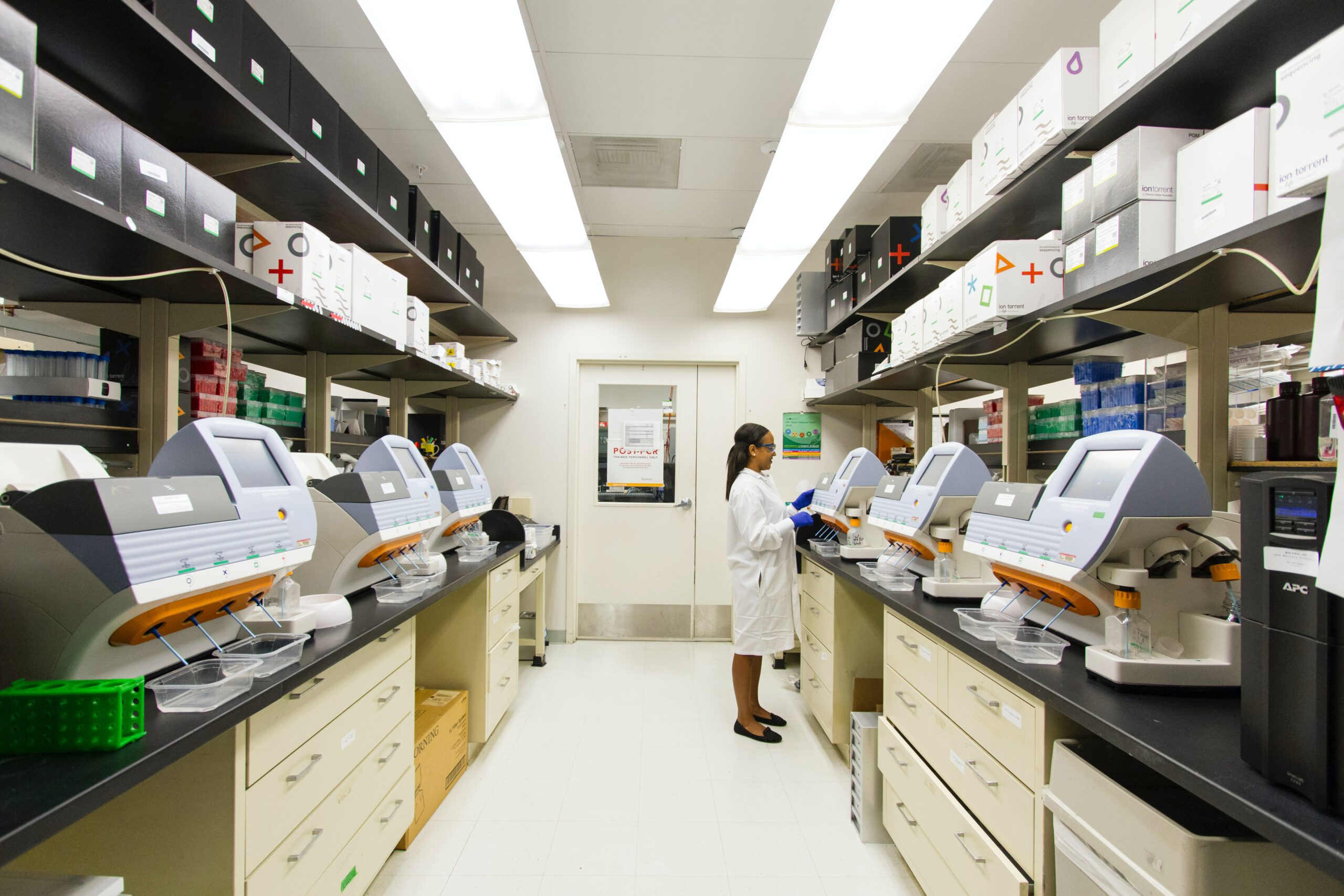Diet is the number one-cause of premature death and disability in the world; and most deaths can be prevented by diet. Recent research also shows diet-related conditions to contribute to poorer outcomes for COVID-19 patients.
Adhering to a well-balanced diet has the ability to reduce the risk of diabetes, heart disease, and cancer by up to 90 percent and may help fight against the COVID-19 pandemic. Diet therapy is not just preventative, it can also play a large role in the management and treatment of both acute and chronic disease through medical nutrition therapy.
MEDICAL NUTRITION THERAPY (MNT)
Medical nutrition therapy (MNT) is the use of diet and nutrition to treat an illness, injury, or other health-related condition. MNT is shown to be effective for treating a variety of conditions ranging from kidney disease to HIV to depression. However, despite the evidence supporting the effectiveness of MNT in chronic care management, access to MNT services is limited by cost, coverage, and availability. For example, in a study that assessed access to a nutrition support in individuals with type 2 diabetes on Medicare, it was estimated that only 4% received MNT services within the first 12 months of diagnosis.
LEVERAGING DIGITAL HEALTH TECHNOLOGY TO ADVANCE MNT

Digital health technology presents an exciting opportunity to provide MNT at a level more accessible, personal, and precise than ever before.
Already, we are able to track, log, record, and analyze our health through both passive and active data collection, such as monitoring our heart rate variability with an Apple Watch or recording a three-mile run with the Strava application.
It is estimated that one in five Americans track their health using either a wearable device or health app on a daily basis and there are currently over 300,000 health tracking apps on the market.
Leveraging new technologies such as machine learning and big data analyses on a synchronous platform to analyze already-present data in real-time presents an exciting opportunity to transform the field nutrition. Personalized data such as meal patterns and symptom severity can be analyzed through machine learning and big data analyses and can provide patients with validated MNT recommendations in rapid time.
With this, we will be able to further understand the role of diet in disease prevention, treatment, and management to continually tailor MNT recommendations.
Machine learning and big data analysis have the potential to elevate medical nutrition therapy to a level of care greater than ever before. Integrating this technology on mobile devices will allow patients to be at the center of their care by providing continuous support regardless of location.
And, integrating these technologies on a singular digital health platform will increase accessibility to MNT by bypassing the costly fees currently required for in-person MNT services. Long-term, this technology has the potential to reduce the burden of disease, save countless lives, and reduce annual health expenditures by tens of billions of dollars.
PERSONALIZING MNT RECOMMENDATIONS

Creating a platform that allows for continuous data analysis across multiple geographic and socioeconomic groups will increase our understanding of the cause and effect of diet on disease, even in vulnerable populations such as older adults and those with acute illness.
And, with increased data analyses, chronic disease risk factors can be identified earlier and diet interventions prescribed in time for prevention and even disease reversal.
Because dietary needs and preferences are ever-changing, creating a platform that adapts and changes as a person grows and evolves will increase our understanding of nutritional needs throughout the lifetime.
With a platform such as the one described above, algorithms can identify patterns reflective of specific individual variations in biology, physiology, and behavior and use those insights to determine the optimal diet for an individual, personalized to genetics, condition, and lifestyle. Leveraging machine learning and big data analysis will deepen our understanding of individual nutrition needs and dietary responses, making dietary prescriptions more precise than ever before.
This technology also has the potential to improve clinical care by quickly identifying interactions between drugs, disease, and nutrition, improving malnutrition assessments, and determining accurate criteria for initiating medical nutrition interventions. This next era of technology brings vast potential to the future of personalized nutrition.
Story by Kyle Dardashti










